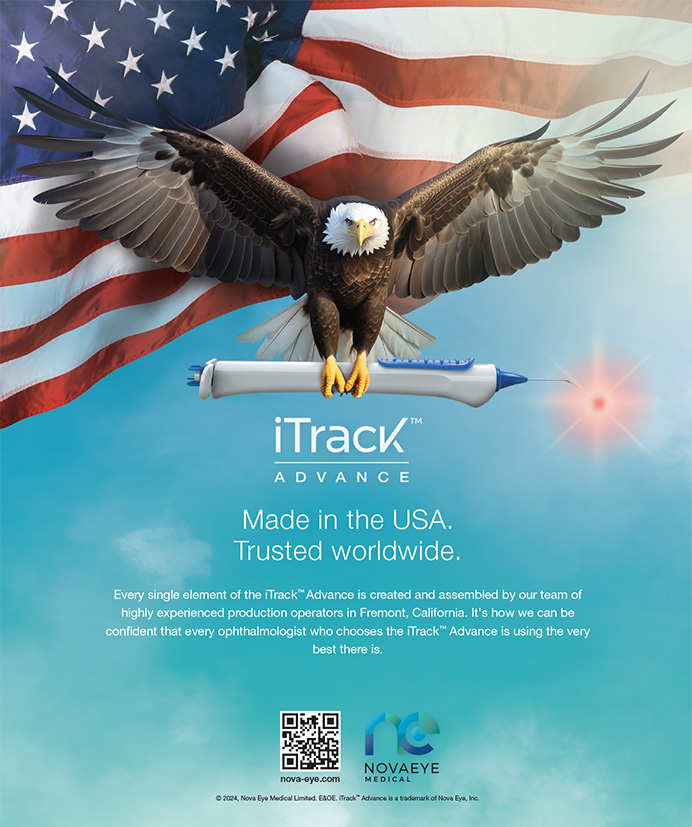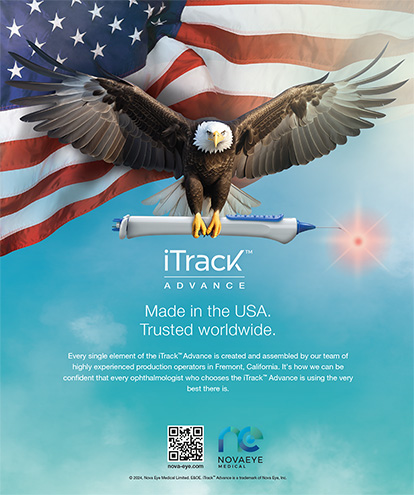
In ophthalmology and particularly refractive surgery, viewpoints on the optimal balance of didactic education and practical experience in fellowship programs vary. I believe fellowship should prioritize hands-on training over traditional didactic methods. An emphasis on experiential learning aligns with the familiar saying, “Tell me and I forget, teach me and I may remember, involve me and I learn.” It is particularly applicable to our field. Selecting a suitable mentor-fellow match is therefore vital and can significantly influence the educational development of the fellow.
A theoretical understanding of the ophthalmology specialty is undeniably essential, but it does not always correspond to the nuanced challenges we face in surgery. Traditional learning tools such as textbooks, online materials, and independent study form a foundation. Practical training, however, provides trainees with an opportunity to deal with unique challenges that demand imaginative solutions in the surgical theater. Depending exclusively on didactic learning could leave a fellow inadequately prepared for such critical moments.
True surgical expertise also cannot be fully developed through simulations. It is often in the face of adversity and complex surgical situations that the most significant learning occurs. It is where technical skill, foundational knowledge, and patient interaction converge.
Patients present with diverse medical histories, anatomies, and responses to surgery. Navigating such intricacies requires agility, resourcefulness, and preparedness for the unexpected. Hands-on training equips fellows to manage challenging scenarios with skill and confidence.
As education in our field continues to evolve, there is an urgent need to reevaluate the traditional classroom dynamic. It is time to infuse it with more engagement and collaboration through collective discussions centered on case studies. Many national conferences have implemented this approach to foster effective and dynamic learning within our rapidly advancing field, complement hands-on training, offer a platform for fellows to dissect and analyze real-world cases, and promote active participation and mutual learning. Within a collaborative framework, fellows can hear the insights of their peers, examine various management strategies, and provide constructive criticism. An interactive learning approach deepens understanding, sharpens analytic skills, and underscores the essential roles of teamwork and communication in the clinic.
Refractive eye surgery fellowships are shifting toward emphasizing hands-on training and collaborative discourse anchored in real-world case studies. By adjusting our approach to education, we can prepare our fellows for the multifaceted challenges of surgical and clinical practice and foster the continued excellence and adaptability of our profession.




